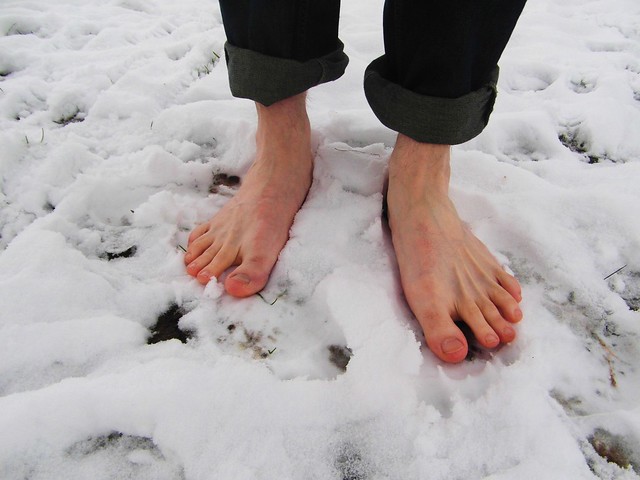Caring for the wife, widow, and orphan? Do we?
Last week’s message on overcoming mediocracy garnered a lot of response and sharing across different groups. That is the kind of response I was hoping to see. Now, if we can take the sharing and convert it into action.
This week, I’d like to address a topic that is, unfortunately, too close to my heart: how we care for our widows and orphans. My step-mother, my paternal grandmother (and OES sister), and my baby sister were all widowed. My step-mother and grandmother never heard from any of the Masonic groups to which my dad or grandfather belonged after the funeral. My sister only heard from the lodge when I had mentioned to a past master and friend of mine that she needed some help with yard work, and then, just one brother bothered to contact her and offer a little help. These are not the only widows who have had this experience, and I’ll be the first to admit I’m not perfect in contacting the widows of my bodies, either. We all can do much better. Here are some thoughts I’ve had on what we might be able to do. I encourage you to reflect and share these in your circles, and let’s work together to make a real change here as we uphold our vows before God and our fellow Knights to care for the widows, wives, and orphans of our fellow Knights.
- Each Commandery should appoint an experienced member—ideally a Past Commander—to serve as the main point of contact for the wives, widows, and children of the Commandery. This member should be comfortable maintaining contact with these important supporters with a focus on being supportive and ready to assist as necessary, especially for the widows and orphans, as well as the wives and Sir Knights who, because of age or health, might not be able to do as much as they were able to do in their younger years.
- Contact every wife/significant other/widow for each Sir Knight at least one time per quarter to express the thanks and appreciation of the Commandery for her support to her Sir Knight or to offer assistance that might be needed.
- Inquire as to any specific needs every wife/significant other/widow might have that can be met by the Sir Knights (landscaping, lawn mowing, debris removal, painting, snow removal, etc.). Arrange for members and other volunteers (lodge, DeMolay, other Freemasons) to meet that need or, if necessary, the Commandery could arrange a contract and pay for such service.
- Upon the death of a Sir Knight, assign another Sir Knight as the escort and contact person for the widow and family. Offer the family assistance with arrangements, Masonic and Templar services, funeral home recommendations, etc. The escort should make every effort to meet in person with widow and family as soon as possible after the death of the Sir Knight and be prepared to accompany the widow to the funeral home, church, and cemetery/burial place.
- Communicate with each widow and her children prior to Christmas, Easter, Ascension, and the anniversary of the death of her Sir Knight. Invite to Commandery religious observances (offer to provide transportation to those local). For widows and families who have relocated to other areas, contact the nearest Commandery and ask for courtesies to be extended and inquire if that Commandery has any widows or Sir Knights in your area you may contact.
- Conduct a Ladies’ Night event, including a dinner or reception. Recognize Companion of the Temple (CT) holders, and present CT jewels to others nominated by the Commandery (coordinate with your College of Honors Deputy and allow at least 30 days for award to be requested, processed, and delivered)
There are many things to which taking these steps, and others, can lead. A couple that come to mind are
- Knights can practically apply their vows, as well as earlier obligations, to care for the wives, widows, and orphans of our brothers and Fratres. This is an area where we have generally failed miserably, and I know this firsthand, as one who lost my parents at a relatively early age and seeing my sister get little more than a widow’s pin and a planter from her husband’s lodge when he was killed several years ago.
- Those who need our aid and assistance can receive it as the care and attention their loved ones were promised as part of their obligation, vow, and ritual. Most men, either during the investigation process or following their initiation, passing, and raising, tell their families about the care and aid promised to the wives, widows, and orphans of a Freemason, and many built their lives with that care assumed as they aged. By providing this care, aid, and attention, we fulfill those obligations and strengthen the perception that a Freemason cares for his brothers and their families when there is a need.
Well, that’s a starting point for our contemplation, consideration, and action. Let us take it upon ourselves to start making a difference by reaching out to at least one widow this week and making a difference.
